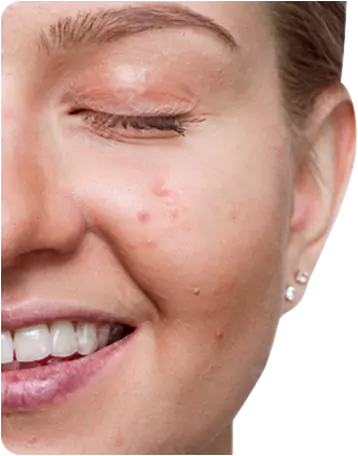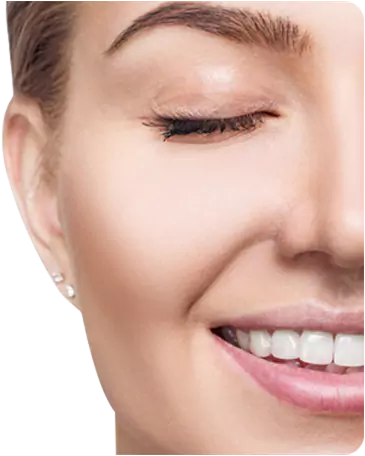Skin:
-Skin Dryness: Dry air, high temperatures, low humidity, and harsh weather conditions can cause skin dehydration, leading to dry, rough skin prone to flaking and cracking.
-UV Radiation: Prolonged exposure to UV radiation can cause sunburn, skin aging, and increase the risk of skin cancer. UV rays damage collagen and elastin fibers, leading to skin laxity and wrinkle formation.
-Air Pollution: Airborne pollutants such as particulate matter, heavy metals, and chemicals can deposit on the skin surface, triggering inflammatory responses and accelerating the aging process of the skin.
-Allergies and Sensitivity: Airborne allergens and irritants, such as pollen, dust mites, and chemical gases, can cause skin allergies and sensitivities, leading to eczema and other skin diseases.
Health:
-Respiratory System Problems: Airborne pollutants, dust, and harmful gases can cause respiratory problems, such as asthma and chronic obstructive pulmonary disease (COPD).
-Cardiovascular Diseases: Long-term exposure to air pollution and environmental noise can increase the risk of cardiovascular diseases, including hypertension, coronary heart disease, and stroke.
-Impaired Immune System: Adverse environments can weaken the function of the immune system, making the body more susceptible to infections and diseases.
-Neurological Impact: Exposure to chemicals and toxic substances in the environment can negatively affect the nervous system, associated with an increased risk of neurodegenerative diseases.





